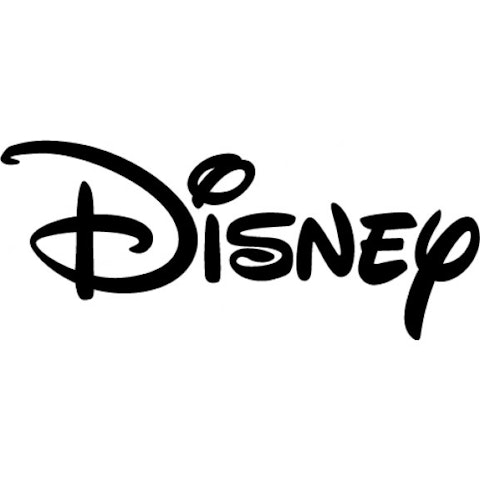The Walt Disney Company (NYSE:DIS) raised single day admission prices at its theme parks in Florida and California, effective from June 2, 2013. This has now become a regular practice for Disney’s theme parks, as the prices have consistently gone up during the past three years.
A single day’s ticket to Disney’s Magic Kingdom at the Walt Disney World resort in Orlando was increased to $95, which is a 6.7% increase, making it one the most expensive parks. Similarly, a day’s ticket to Disney California Adventure increased 6% to $92.
The company has raised prices in order to cover costs incurred through investments made in new projects, systems infrastructure, and resort expansion. Furthermore, the company expects that increase in ticket prices would lead to higher revenue and provide sufficient cushion to cover the increasing operating costs.
Quick snapshot of parks & resorts’ second-quarter results
Theme parks & resorts is the highest revenue generating stream of Disney’s business after the media networks division, which includes the iconic sports channel ESPN. In the second-quarter, Disney’s Parks & Resorts segment was the largest gainer. The segment’s revenue for the quarter increased 14% to $3.3 billion and operating income posted a remarkable 73% growth.
The growth reported during the quarter was underpinned by an increase in its domestic operations. The staggering growth witnessed in the operating income was due to a record attendance at its parks. Nevertheless, the growth in revenue was partially offset by an increase in costs owing to a marginal rise in inflation.
Why the increase in ticket prices?
Within the Parks & Resorts business, revenue is primarily driven through per capita guest spending. It is noteworthy that both footfall and per capita spending depend heavily on the state of the economy. Per capita guest spending dropped drastically during 2008/09, however, it picked up from 2011 onward. The total number of guests at The Walt Disney Company (NYSE:DIS)’s domestic theme parks increased from 67.3 million during 2007 to more than 73 million in 2012.
Discretionary consumer spending increases when the state of the economy is healthy and overall employment is rising consistently. Going forward, once the economy exhibits signs of recovery, it will eventually lead to gradual increase in consumer spending, hence, I expect the number of visitors at Parks &Resorts to grow.
During the past three years, the ticket prices at Disney’s parks have grown consistently, nonetheless, it did not have any impact on the footfall. Since ticket prices are a large portion of visitors’ spending at the parks, the parallel growth in ticket prices with visitor footfall will certainly bolster revenue.
Raising ticket prices is also an attempt to control the falling EBITDA margins. EBITDA margins were reduced to 25.6% during 2011 from 29.1% in 2007. The falling margins were due to a sharp rise in capital expenses. It is well comprehended that Disney cannot sustain its business on consistently falling margins, hence, the increase in ticket prices comes as an expected move.
Competitive landscape
The Walt Disney Company (NYSE:DIS)’s primary competitor in the Theme Parks business is Comcast Corporation (NASDAQ:CMCSA)’s NBC Universal studios. Disney has been a leader in this segment for years, as it attracts a much broader range of visitors relative to Universal Studios. However, a recent $265 million investment in developing the new Harry Potter-themed addition has facilitated Universal Studios into competing more aggressively.
Revenue generated through its Theme Parks contribute approximately 10% to NBC’s overall revenue. Under Comcast’s ownership, Universal Studios can invest aggressively into newer projects and challenge Disney’s dominance.





